In rural Gila County, Arizona, a stronghold for Trump supporters, Medicaid plays a pivotal role in residents’ lives, yet discussions of fraud and potential cuts stir complex emotions.
MARY LOUISE KELLY, HOST:
Located about 90 miles from Phoenix, Globe, Arizona, is a historic mining town where community events like monthly street festivals bring residents together. Despite its conservative leanings, highlighted by a 2-to-1 vote for Donald Trump in the last election, many locals depend on Medicaid, the federal insurance program currently under scrutiny by Trump’s Republican allies in Congress. Noam Levey of KFF Health News explores how this community grapples with proposed Medicaid cuts.
NOAM LEVEY:
During a visit to Globe’s street festival, I discovered the town’s reliance on Medicaid. House Republicans are advancing plans to trim over $700 billion from this safety net, raising concerns among residents.
HEATHER HEISLER:
Heather Heisler, a crafter at the festival, shared her family’s story. Ranchers by trade, her husband has been a Medicaid beneficiary, especially after a severe accident led to the partial amputation of his foot. “If anything happens, he’s able to go to the doctor, he’s able to go to the emergency room, get medicines,” she explained. Losing this coverage would be devastating for them.
LEVEY:
The proposed changes include work requirements and increased paperwork, which, according to the Congressional Budget Office, could result in 10 million people losing their insurance. In Gila County, nearly 40% of residents depend on Medicaid and the children’s health insurance program, a significant increase from 15 years ago.
FERNANDO SHIPLEY:
Fernando Shipley, a local State Farm agent and city council member, emphasized that many Medicaid beneficiaries are working individuals struggling to make ends meet. He noted, “If you’re a single parent with two kids and you’re making $20 an hour, you’re not making ends meet.”
LEVEY:
Medicaid’s significance in Globe highlights why the proposed cuts face resistance. Bob Ward, a pollster for a coalition defending Medicaid, observed a shift in public opinion, noting, “There’s been a shift in the public’s attitude and particularly, you know, voters on the right that sometimes government plays a role in getting people health care, and that’s OK.”
LEVEY:
At a local property management office, Debbie Cox expressed mixed feelings. While she acknowledges the program’s necessity, she believes it needs an overhaul due to perceived exploitation. “It’s not that I don’t see the need for it… But I also see a need for revamping it significantly because it’s been taken advantage of for so long,” Cox stated.
LEVEY:
Debates on Medicaid’s efficiency and potential waste are common, and retiree Rick Uhl voiced his concerns about financial mismanagement within the program.
RICK UHL:
“There’s a lot of waste, of money not being accounted for, and I think that’s a shame,” Uhl remarked while volunteering at the Globe Senior Center.
LEVEY:
In conversations with residents like David and Linda Sander, the complexity of Medicaid’s future becomes evident. David Sander questioned whether actual cuts would occur, while Linda highlighted the program’s critical role for their neighbor.
LINDA SANDER:
“Couldn’t afford to have an apartment, make her bills and survive,” Linda said, emphasizing the importance of Medicaid for their neighbor’s survival.
LEVEY:
The fate of Medicaid and its millions of beneficiaries lies in the hands of Congress, as decisions made in Washington, D.C., could significantly impact communities like Globe.
In Globe, Arizona, I’m Noam Levey.
Accuracy and availability of NPR transcripts may vary. Transcript text may be revised to correct errors or match updates to audio. Audio on npr.org may be edited after its original broadcast or publication. The authoritative record of NPR’s programming is the audio record.

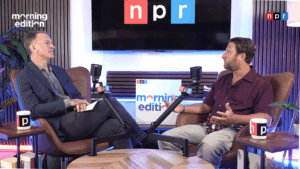
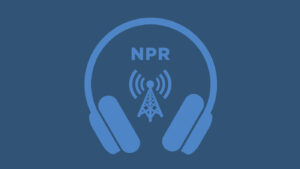
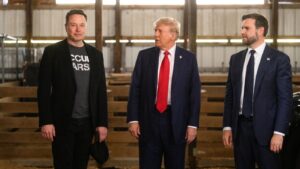
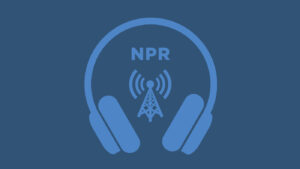

Be First to Comment